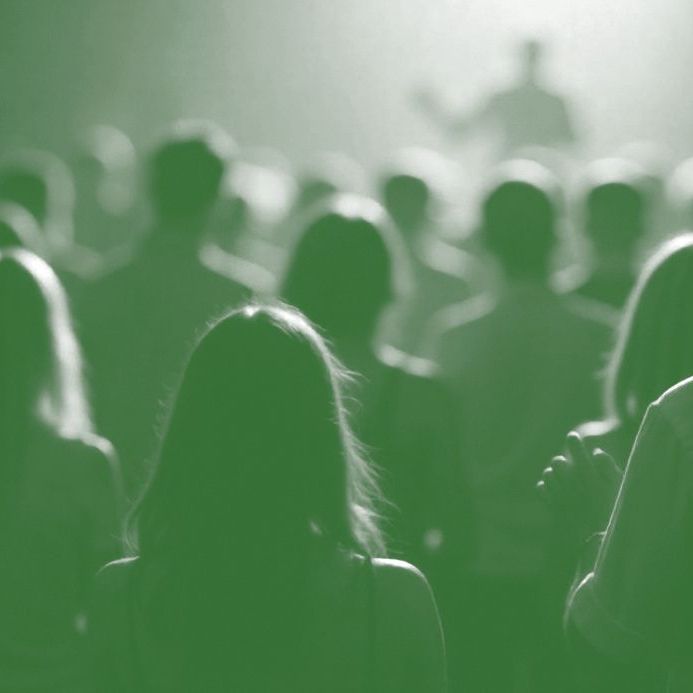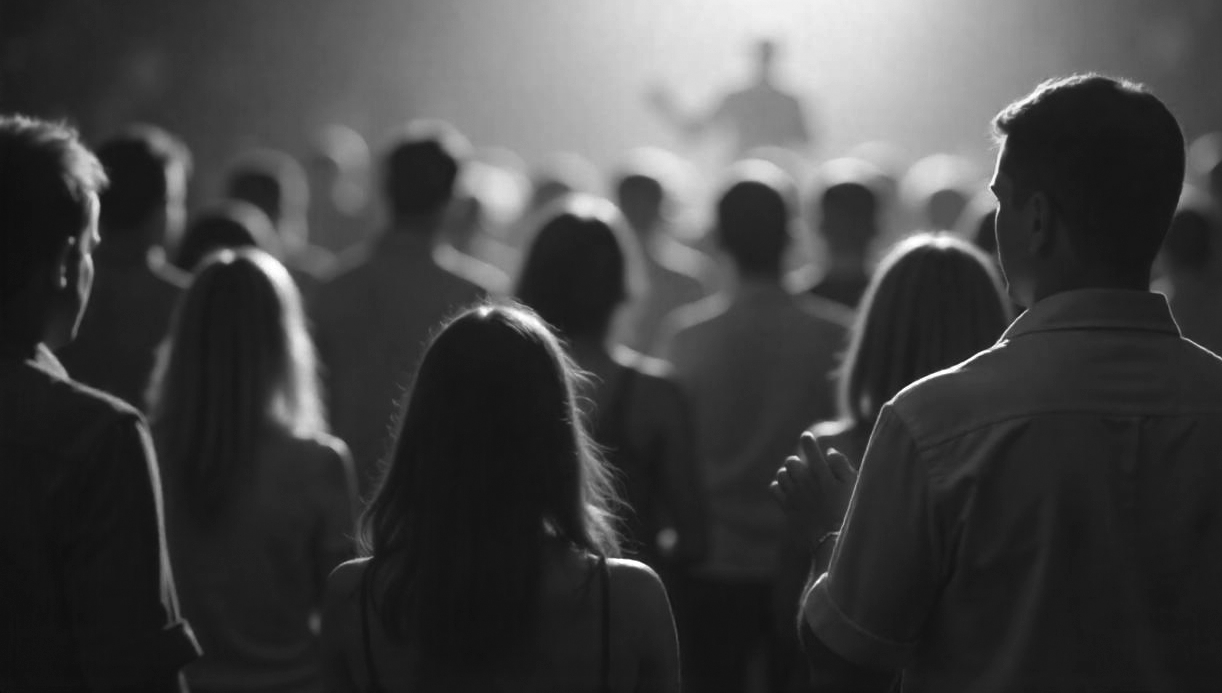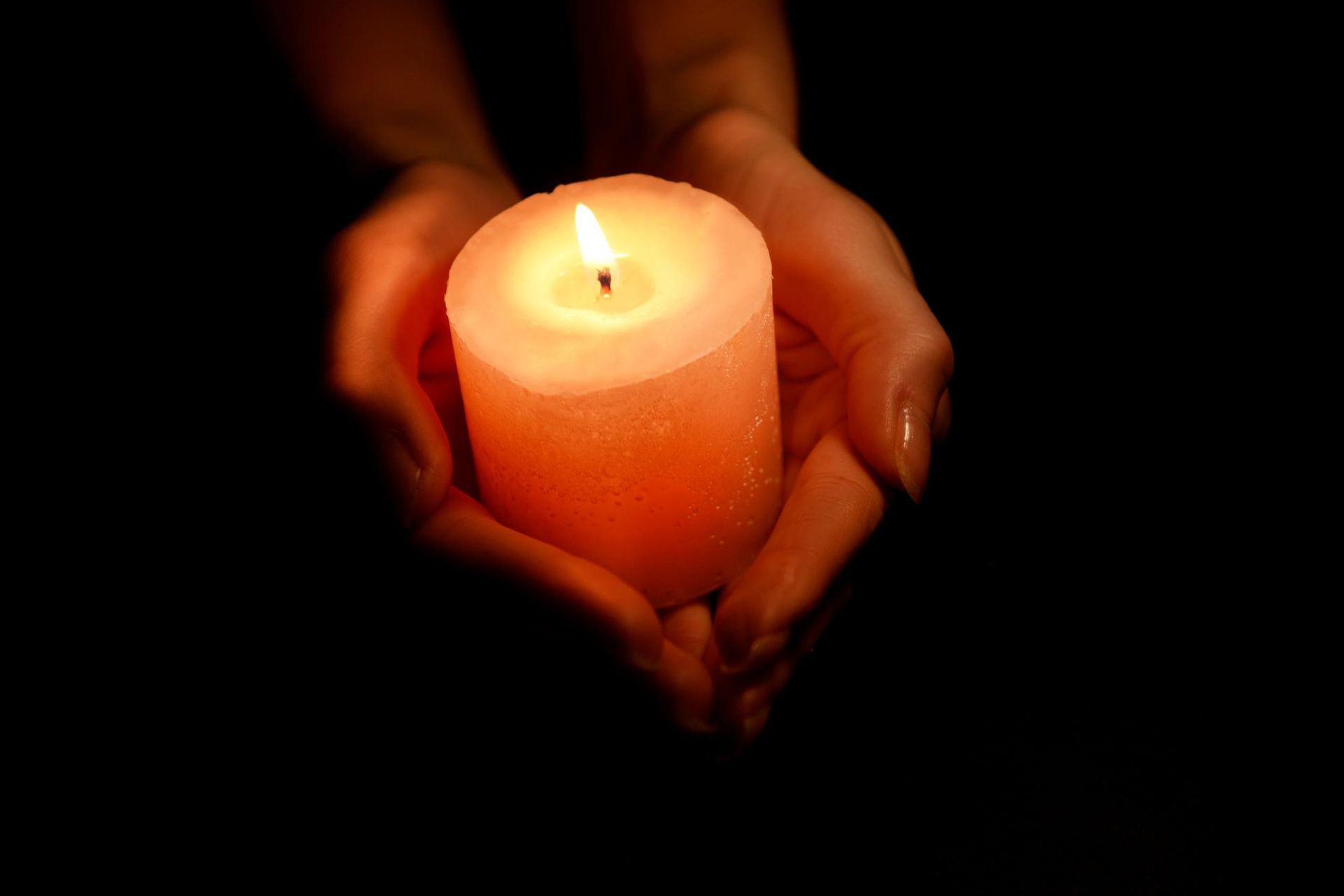September 14, 2025: The Folly of the Cross
the folly of the cross
You know, there are just some things in life that don’t make sense. Like:
Why do we turn the radio down when we're trying to find a new address?
Why does a slice of buttered bread almost always fall butter-side down?
Where does that missing sock go after doing laundry?
Why doesn’t the car make that weird noise at the mechanic’s?
And for the kids: Why is it that when you’re late for class, suddenly your locker won’t open?
It’s frustrating.
And then, of course, there are much bigger things that don’t make sense. Things that hurt.
Why did this person get cancer?
Why has another person involved with politics shot and killed this past week and two more school shootings?
Why did that storm destroy that neighborhood?
Why does the ache in your heart still linger, years after the loss?
Why can we walk into a room of strangers and find the one person who could hurt us emotionally, and yet we try to get them to like us.
Why does this same sin keep showing up in our lives, even though we’ve tried so hard to move past it?
These—among many others—could be considered “crosses” we bear. And today, as we celebrate the Feast of the Exaltation of the Holy Cross, we remember: the cross is not just a decorative symbol. It’s not just a necklace or a tattoo or something we hang on the wall. The cross—the real cross—was a Roman instrument of torture and execution.
In Jesus’ time, the cross was designed to humiliate and terrify. A person was beaten, scourged (even though I don’t exactly know what them, but it sounds brutal), and then they were stripped naked, nailed up, bleeding, gasping, and slowly suffocating to death.
So what we are really celebrating today is what is called the “folly of the cross.” For as it was meant to punish criminals and scare ordinary folks . . . it has become the symbol of our redemption. For the story of Jesus doesn’t end on the cross. No. The cross has now become a doorway, an opening an launching pad for something more. The story continues with a resurrected Jesus. One who conquered death. Where light is proven mightier than darkness. Hope stronger than despair.
A friend recently shared a beautiful quote with me: “God invites you to come as you are—but not stay as you are.” That’s the heart of today’s feast. We are invited—just as we are—with our faults, our wounds, our doubts, our burdens. We are invited to make room in our hearts for God’s grace. There are no conditions. We don’t have to fix ourselves first. Just come.
Is there room in your heart?
Is there room in your heart?
Is there room in your heart
for God to write His story?
But here’s the thing—while God accepts us just as we are, God also loves us too much to leave us there.
The cross is really about transformation. It doesn’t just tell us we’re loved. It calls us to be changed.
That’s what coming to Mass should do—it should transform us.
And I’ll be honest: if you come to Mass just to go through the motions you are missing the point. If you come without expecting God to reach you, you’re missing the opportunity. . If you come without any openness to be become better, you’re missing the point.
Because maybe—just maybe—God has planned something for you today:
A line from a song,
A verse from a reading,
A part of the homily,
A phrase from the Eucharistic Prayer,
A joy from receiving the Eucharist.
A smile from someone near you.
And in that moment, maybe you’ll find the courage you’ve been seeking.
Or the patience to try again.
Or the forgiveness you didn’t think was possible.
Or the peace that whispers: “It’s going to be okay.”
That’s the full story of the power of the cross. And that kind of trust might set you apart. It might lead you somewhere you never expected. But only if you make room.
Is there room in your heart?
Is there room in your heart
Is there room in your heart
for God to write His story?
You can come as you are,
But it may set you apart.
When you make room in your heart,
And trade your dreams for His glory…
Make room in your heart.
Make room in your heart.




